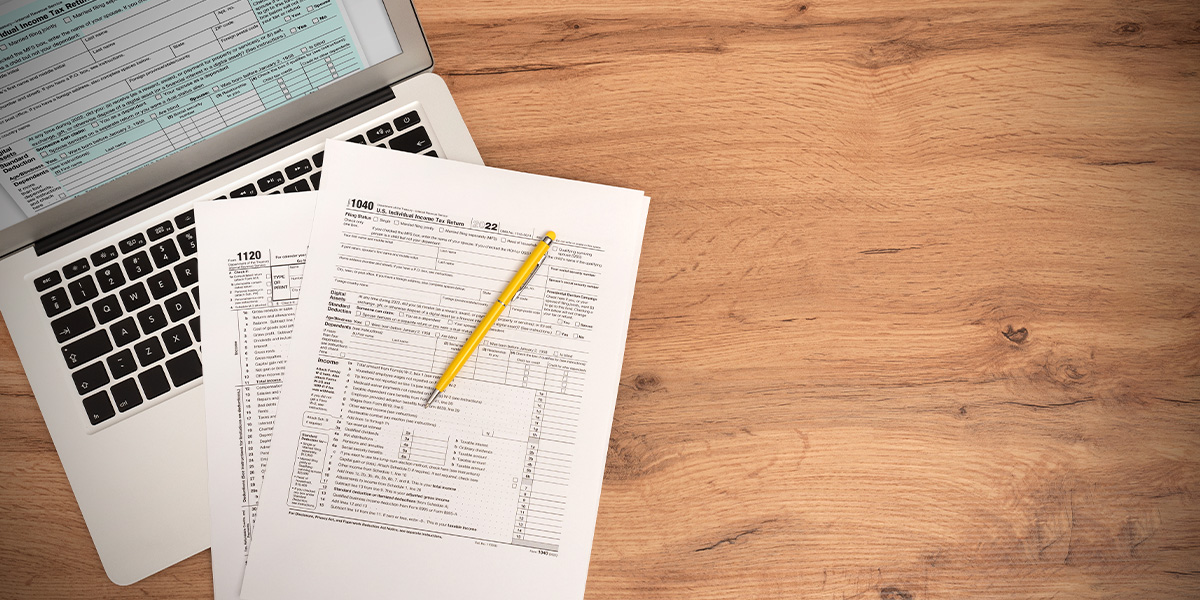
Paying off your tax liability on top of your mortgage, car payment, insurance, utilities and other living expenses can feel overwhelming. The IRS understands this and has a Currently Not Collectible (CNC) status that can help. CNC status offers taxpayers temporary relief from unpaid taxes. This break can help those who are serious about paying their tax bill but currently cannot do so.
It’s important to fully understand how CNC status works before you decide if it’s right for your situation. This guide will provide everything you need to know about CNC status, including how to apply.
Taxpayers can apply for the CNC status when they are struggling financially. The IRS will assess if you can pay your taxes and decide whether you qualify for CNC. If the IRS places your account in CNC status, they won’t try to collect or levy any of your assets or income. The status suspends all collection and enforcement activity. However, CNC status does not make your tax liability disappear. When you qualify for CNC, the IRS acknowledges you cannot currently afford to repay it. They will defer the owed amount until your finances improve.
A common misconception about the IRS CNC status is that you can decide when to pay your tax bill. Unfortunately, this is not the case. The IRS will examine your individual case and assign a “closing code.” This code dictates the amount of money you need to earn to start paying your taxes again. They will monitor your account and review your income periodically to see if you meet the threshold.
You can still make voluntary payments to the IRS, even if you are in CNC status. When you file a tax return that pings the closing code and reaches the amount they’ve set, the IRS will move your account back into “Collectible” status. They might request a specific payment plan to ensure you pay back the rest of what you owe.
The IRS reserves its CNC status for people facing financial hardship. The eligibility requirements for CNC status include:
CNC status is one of the multiple options the IRS offers when you cannot afford to pay your taxes. Depending on your situation, other options may be more suitable. Comparing the pros and cons can help you determine if filing for CNC status is your best option.

The main advantage of the CNC status is the breathing room. Owing money to the IRS can be stressful, especially when you can’t pay it back immediately. CNC status gives you some extra time to sort out your finances and find a way to pay your taxes. During this time, the IRS won’t collect funds from your wages or levy your bank account. If you already have a bank levy, the IRS will release it. Wage Levies and Garnishments will stop temporarily.
The disadvantage of CNC status is that it is only temporary, and your tax balance can increase during the break. The IRS will still charge you interest and penalties while in CNC status. They may even put your tax refunds toward reducing your balance. The IRS can also file a lien against you called a Notice of Federal Tax Lien. This lien appears on your credit report and alerts creditors about your tax status.
If you believe you may be eligible for CNC status, you must provide evidence to support your case. Follow these steps to collect the right documents and apply:
If the IRS thinks you can afford to make some sort of payment, they can reject your request for CNC. If you still feel you cannot make the necessary tax payments, you have a couple of options:
When dealing with your tax liability, it’s best to be proactive. Since the IRS can garnish your bank account or wages, you should take action as soon as possible. If you need help deciding if CNC is right for you or aren’t sure how to start the process, Polston Tax can help!
Our team of tax attorneys and IRS-enrolled agents can help you get compliant with the IRS and decide which IRS resolution is best for you. If we decide together that CNC status is a good approach, we’ll help you throughout the entire process. From preparing your financial analysis and applying for CNC status to working with the IRS and supporting your case, we’ve got your back.
If you don’t qualify for CNC status, we may be able to help you negotiate an installment agreement or an offer in compromise (OIC) with the IRS. We help hundreds of people get resolutions with the IRS every year and can help you get yours, too.
Call us at 844-841-9857, or schedule your free consultation today.
